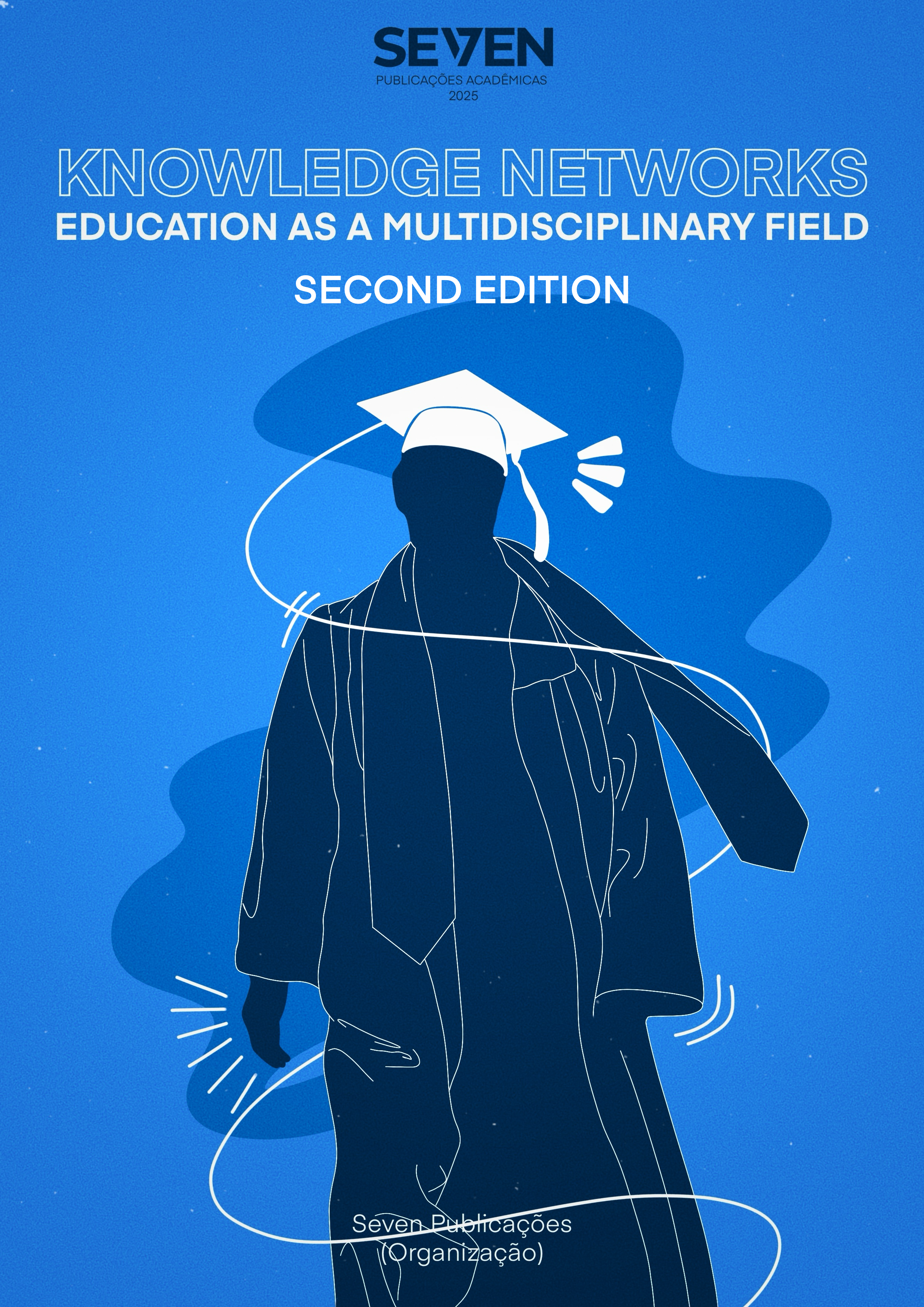BRAZILIAN LEGISLATION: GUIDELINES FOR EDUCATIONAL INCLUSION OF PEOPLE WITH DISABILITIES AND INCLUSION OF STUDENTS IN HIGHER EDUCATION
Keywords:
Educational Inclusion, People with Disabilities, Brazilian Legislation, Accessibility, Assistive Technology, Public PoliciesAbstract
In this article, we analyze how Brazilian legislation guides the educational inclusion of Persons with Disabilities (PwD), with a focus on Higher Education. Starting from a historical-conceptual approach and international inclusion milestones, we analyze the 1988 Constitution, LDB/1996 (and updates), Brazilian Inclusion Law (Law 13.146/2015), Quota Law (Laws 12.711/2012 and 13.409/2016), Accessibility Law (10.098/2000), and Decree 10.094/2019 (Assistive Technology) and their implications for policies, management, and pedagogical practices. We found that even with the support of laws and public policies, there is still a divergence between norms and practices, evidenced by lower-than-desirable enrollment and retention rates for students with disabilities and by programmatic, attitudinal, methodological, and instrumental barriers. We analyzed the need for continuing teacher training with a focus on accessibility; provision of accessible materials, platforms, and spaces; monitoring indicators of access, retention, and learning; and encouraging the production and adoption of assistive technology. True inclusion requires a transition from legal compliance to consistent and emancipatory implementation in university life, ensuring participation, autonomy, and academic success for all.
Downloads
Published
Issue
Section
License
Copyright (c) 2025 Giordano Muneiro Arantes, Luiz Cesar Martini

This work is licensed under a Creative Commons Attribution-NonCommercial 4.0 International License.





